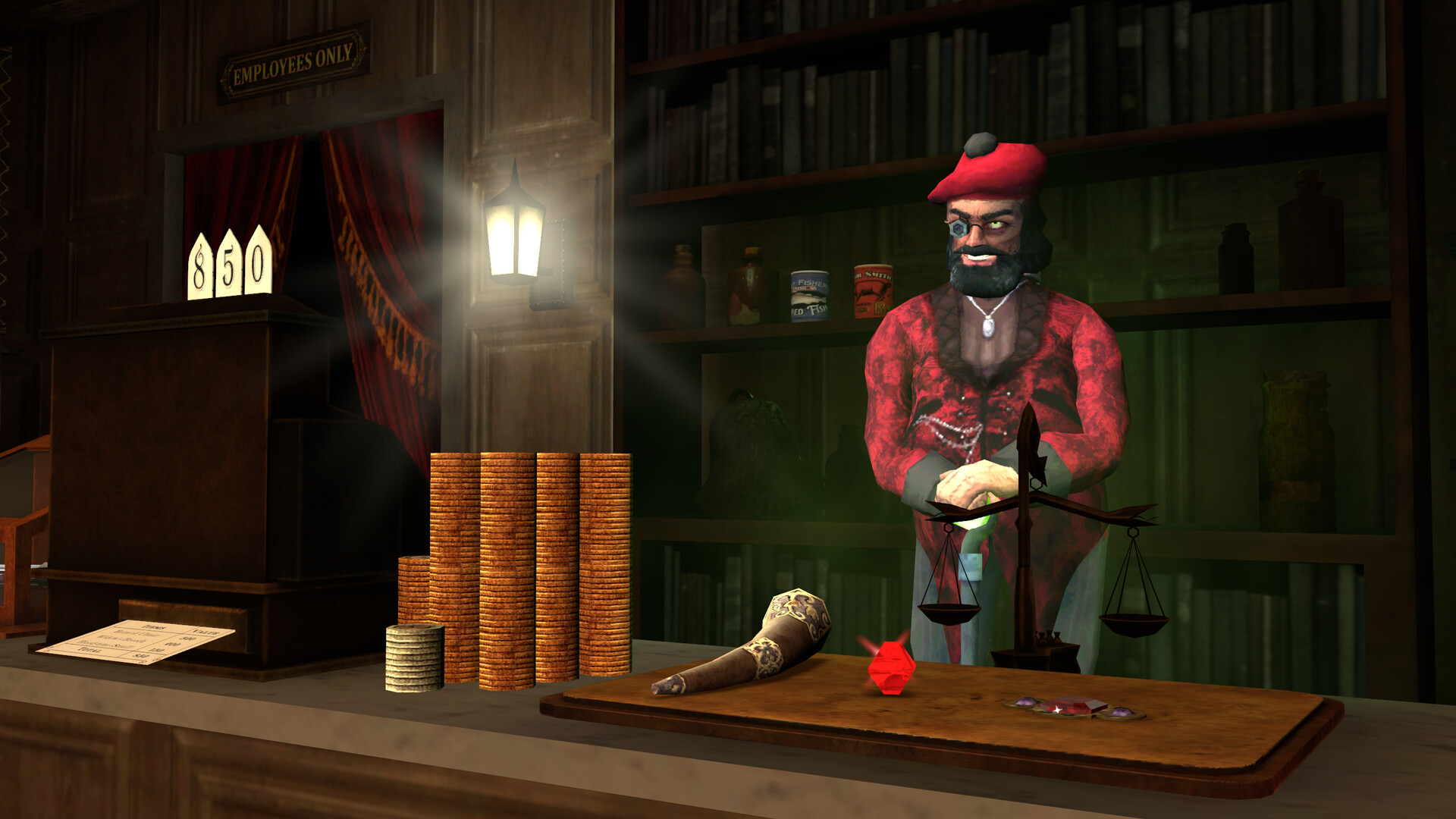
Teacup Review
By the end of Teacup’s first episode, the sci-fi-horror whatsit – executive produced by Saw and The Conjuring mastermind James Wan – has given us at least six enigmas to track. (Click the bar below to see minor spoilers from the episode.)
It is, admittedly, a lot to stay on top of, relayed at a breakneck clip across a 34-minute premiere. (Most of Teacup’s episodes are blessedly compact relative to today’s freewheeling streaming runtimes – 35 minutes or less.) And that’s without delving into the pressure cooker that builds around Maggie, James, and family and the neighbors who show up on their doorstep when things really start going haywire. To Teacup’s credit, it doesn’t keep us – or them – in the dark for very long. However, this loose adaptation of the Robert McCammon bestseller Stinger gets less interesting as more of its questions are answered – and its mystery-box structure gives way to a more conventional form of genre-bending suspense. But at least it drops some memorably startling visuals after the characters realize the pickle they’re in together, including some of the gnarliest gore and goop I’ve ever seen in a TV show.
Hopefully it doesn’t give anything away to say that Teacup’s eight episodes put me in mind of the following: Night of the Living Dead, The Walking Dead, Lost, The Shining, The Thing, Invasion of the Body Snatchers, the classic Twilight Zone episode “The Monsters Are Due on Maple Street,” COVID-19 lockdown, and the contemporary-TV practice of throwing to credits with an ironic needle drop. The influence of George A. Romero is all over Teacup, be it the rural isolation and farmhouse architecture the series wields for Living Dead-esque dread, or the protective gear it borrows from The Crazies. When trust-no-one paranoia sets in during later episodes, the extreme demands of survival in Romero’s zombie movies can be sensed in the most stomach-knotting of conflicts between the characters. Because as one of them puts it at one point, “Shooting a stranger – that’s easy. Shooting a friend – that’s hard.”
With its head buried in so many fantastical clouds, Teacup relies on interpersonal drama to keep a foot on the ground. It might be an overreliance: It’s not enough that Ellen is staying with her son and daughter-in-law while she struggles with multiple sclerosis, or that there’s a major rift in the Chenoweth marriage. Turns out, that rift has a direct connection to one of the families they’re stuck with, the Shanleys – and in an unrelated development, the Shanleys’ kid, Nicholas (Luciano Leroux) harbors a longstanding crush on teenaged Chenoweth daughter Meryl (Emilie Bierre). There’s connection, discord, and sympathy in these threads that fuel some of Teacup’s smarter twists and turns; there’s reason to root for these people to make it out alive, too. But they sit uneasily next to Teacup’s moments of unfathomable terror and existential bewilderment, sometimes in the same scene: After James saves Shanley patriarch Ruben (Chaske Spencer) from certain doom, the unspoken tensions between the two men inexplicably erupt, leaving Spencer playing a single note of grievance for the remainder of the season.
Emotionally unsettling as all of this can be, it never rises to the level of sheer fright that, in one case, shakes semi-automatic-toting MAGA avatar Donald Kelly (Boris McGiver) of his stand-your-ground façade and allows McGiver to expose some ingratiating vulnerabilities (and a little muscle, bone, and sinew, thanks to some grisly arm prosthetics he wears for the remainder of the season). What Teacup preys upon most effectively are those aforementioned Romero-like fears and anxieties (while also adding a dash of his social-commentary streak) in situations that ask us if we could truly kill a loved one to save ourselves and our other loved ones. Strahovski dials into this mood with precision, giving Maggie a steeliness convincingly born of her veterinary practice, and putting it to the test when the patient she has to put down can beg and plead for their life in English. She tops it off with a tumultuous breakdown for the ages, shot and lit for maximum nerve-shredding and tear-jerking.
It stands out because it’s one moment when I could really feel for these people in spite of their ridiculous circumstances – something Teacup will need to do more of if it completes the stakes-heightening, scope-widening, Hail Mary pass for a second season it eventually lobs. By that point, the masks have come off and showrunner Ian McCulloch’s telling of this story has more of a familiar, apocalyptic-epic ring to it – and less of the thrill of the unknown. That’s probably necessary if he’s serious about this being an ongoing series. But when the credits rolled on episode 8 and Neil Young crept back into the sound mix, I missed some of the delirious zip of Teacup’s early goings.








